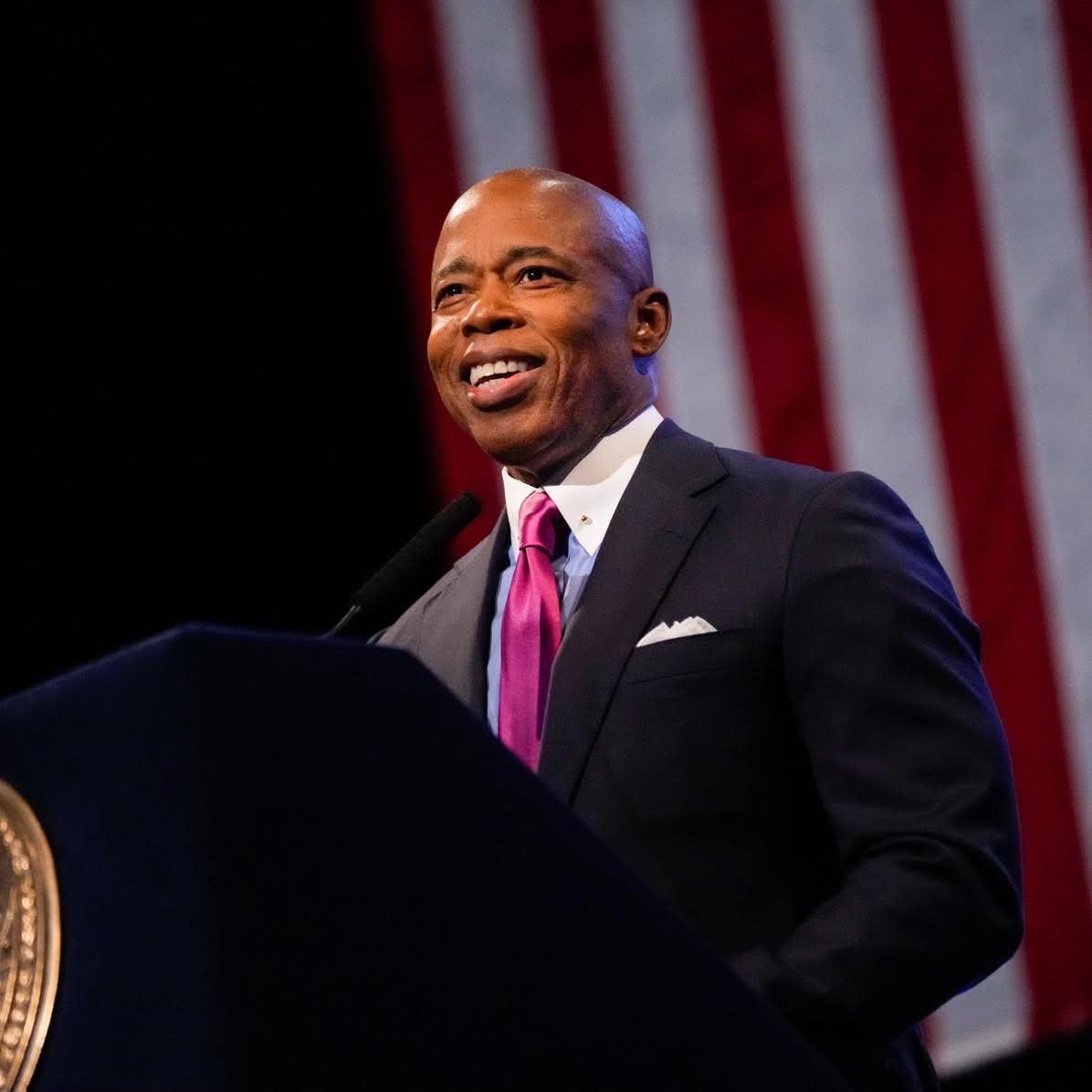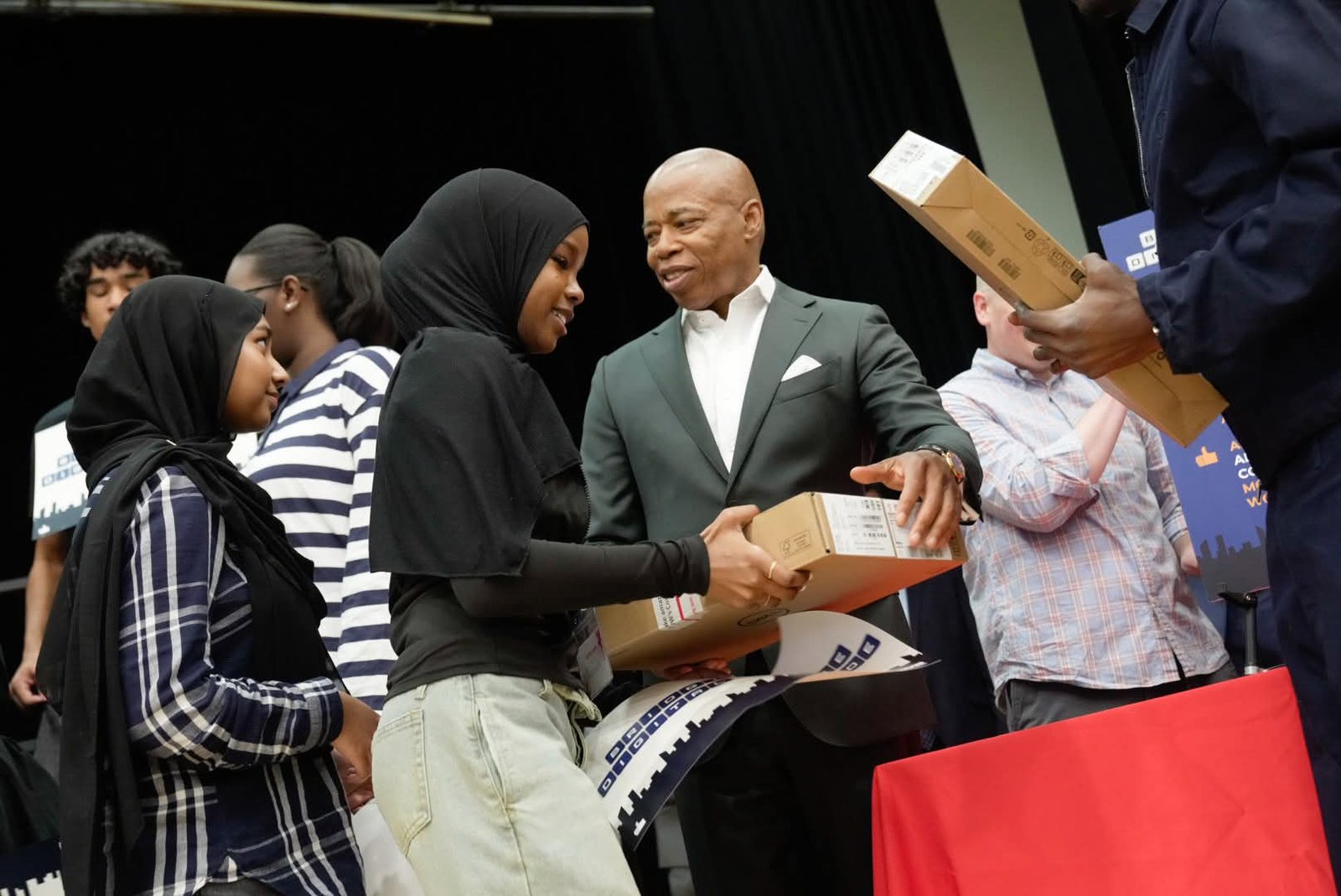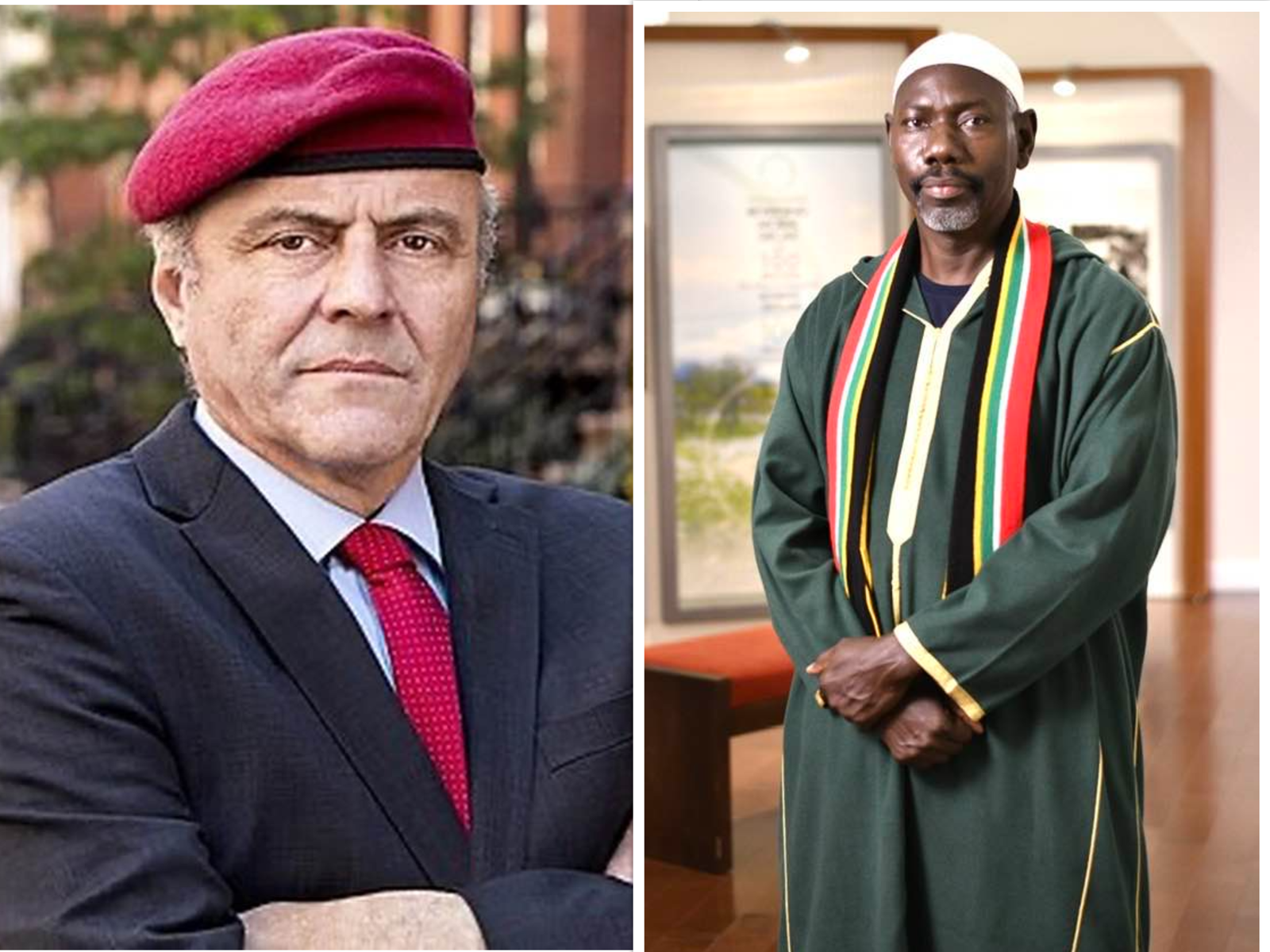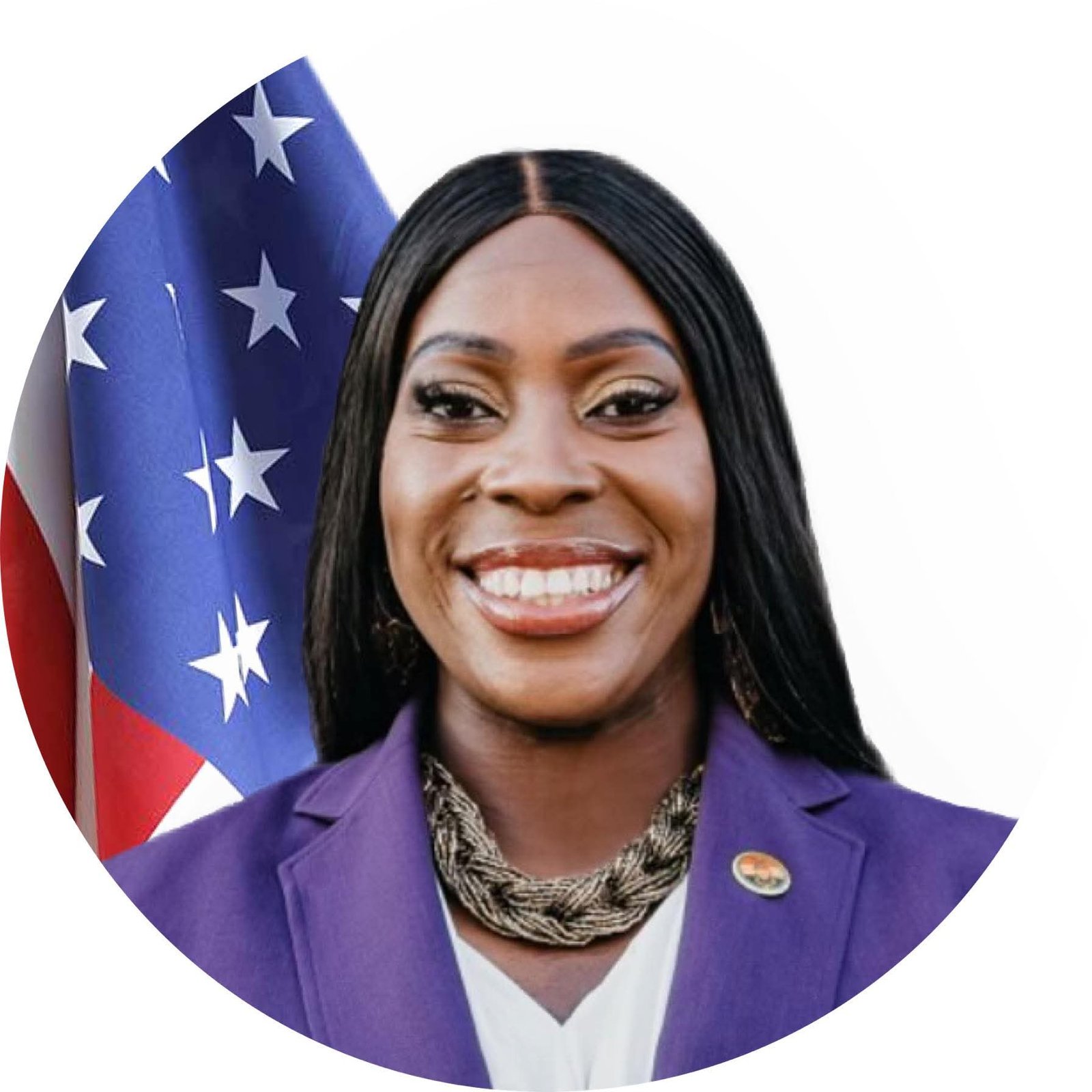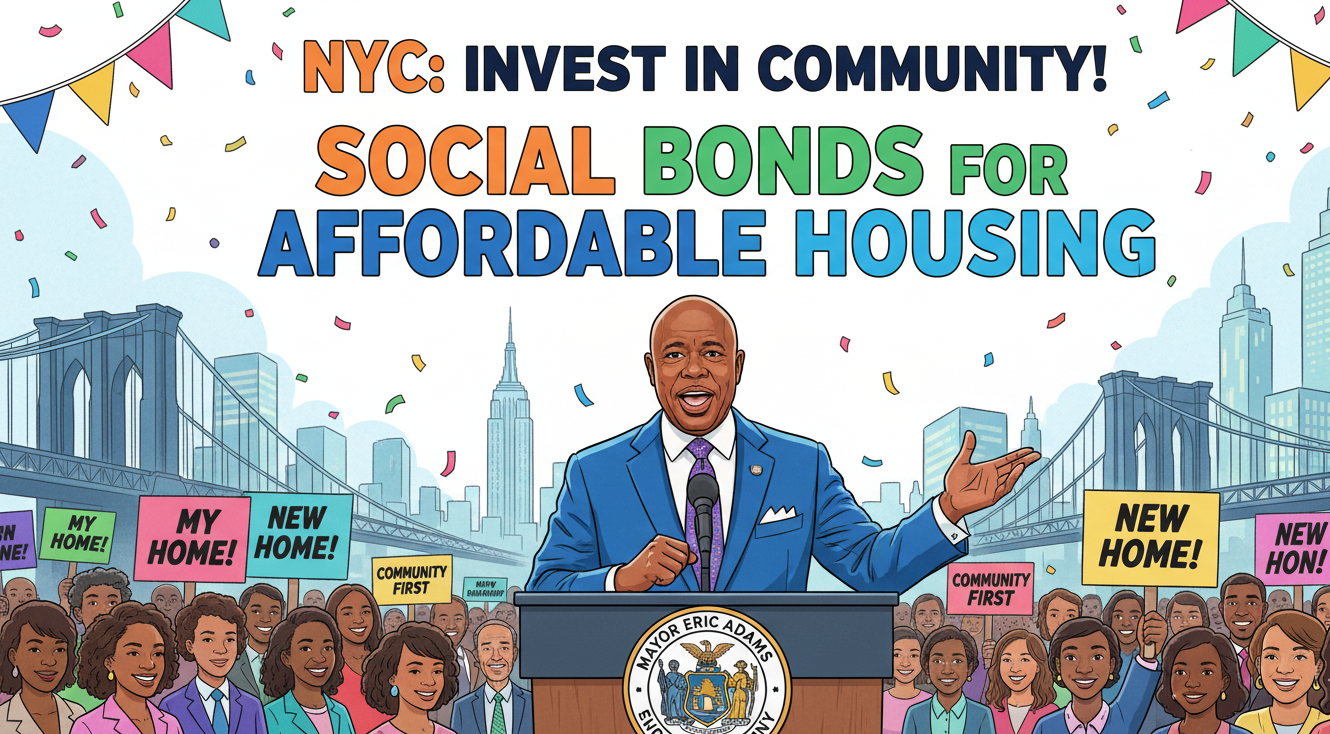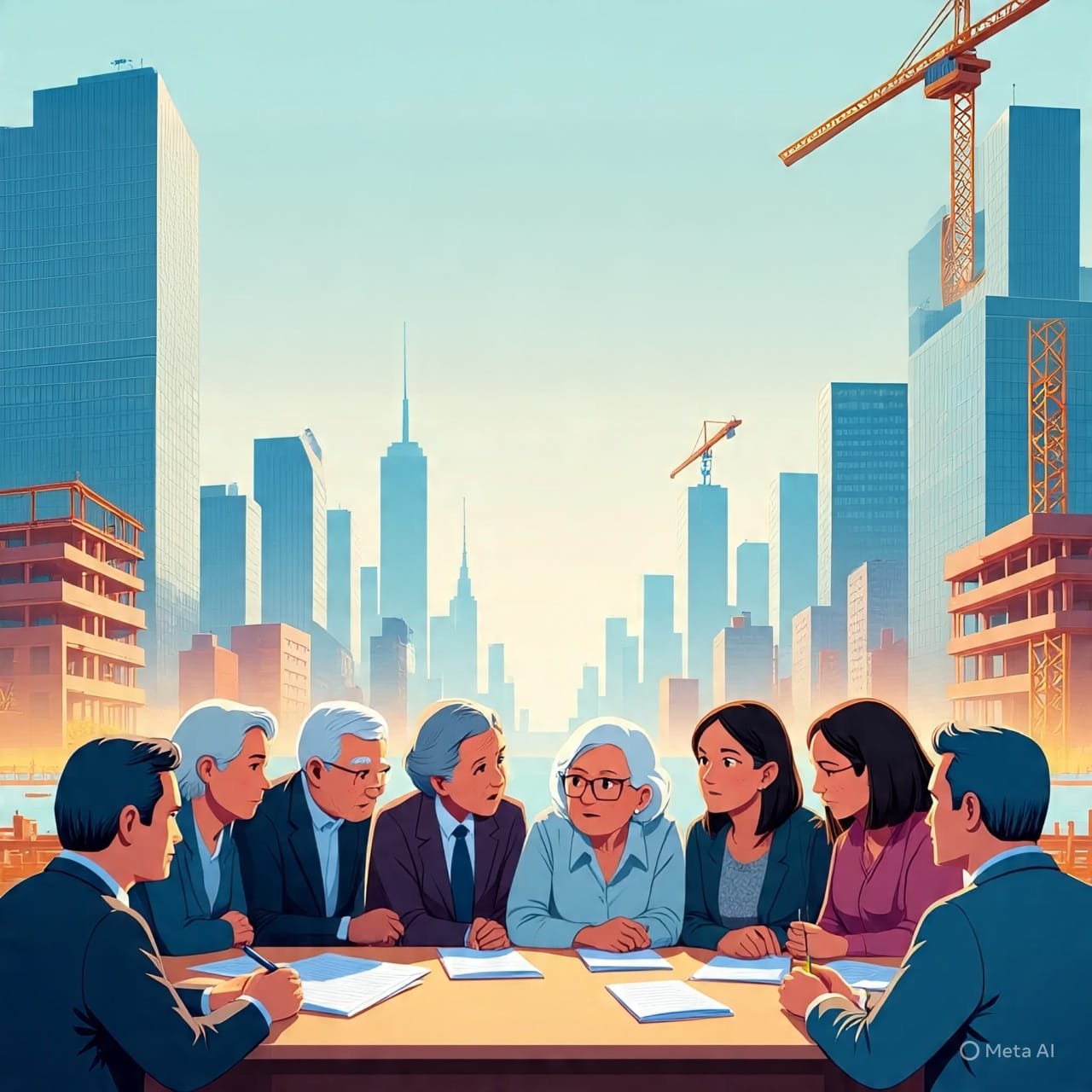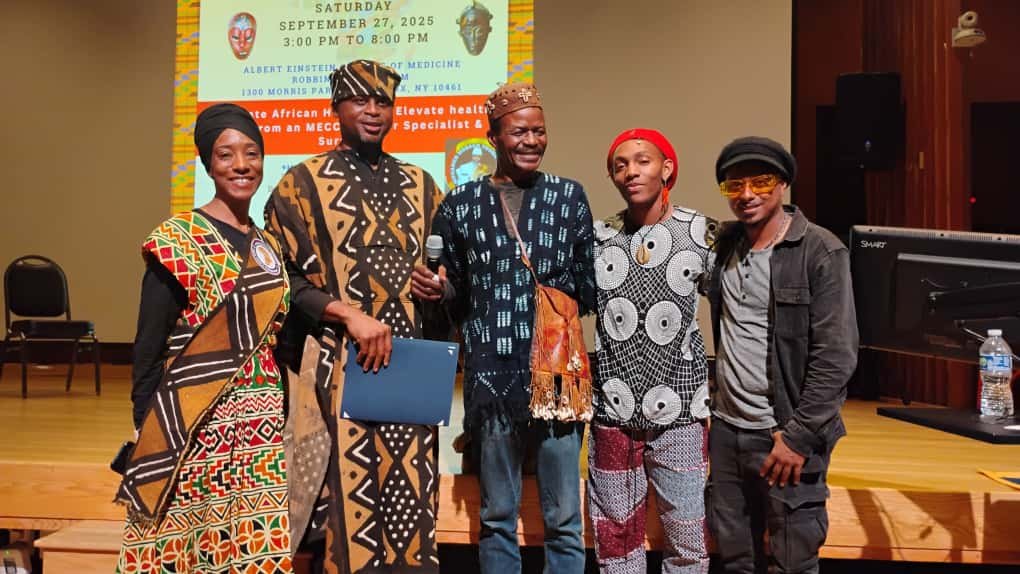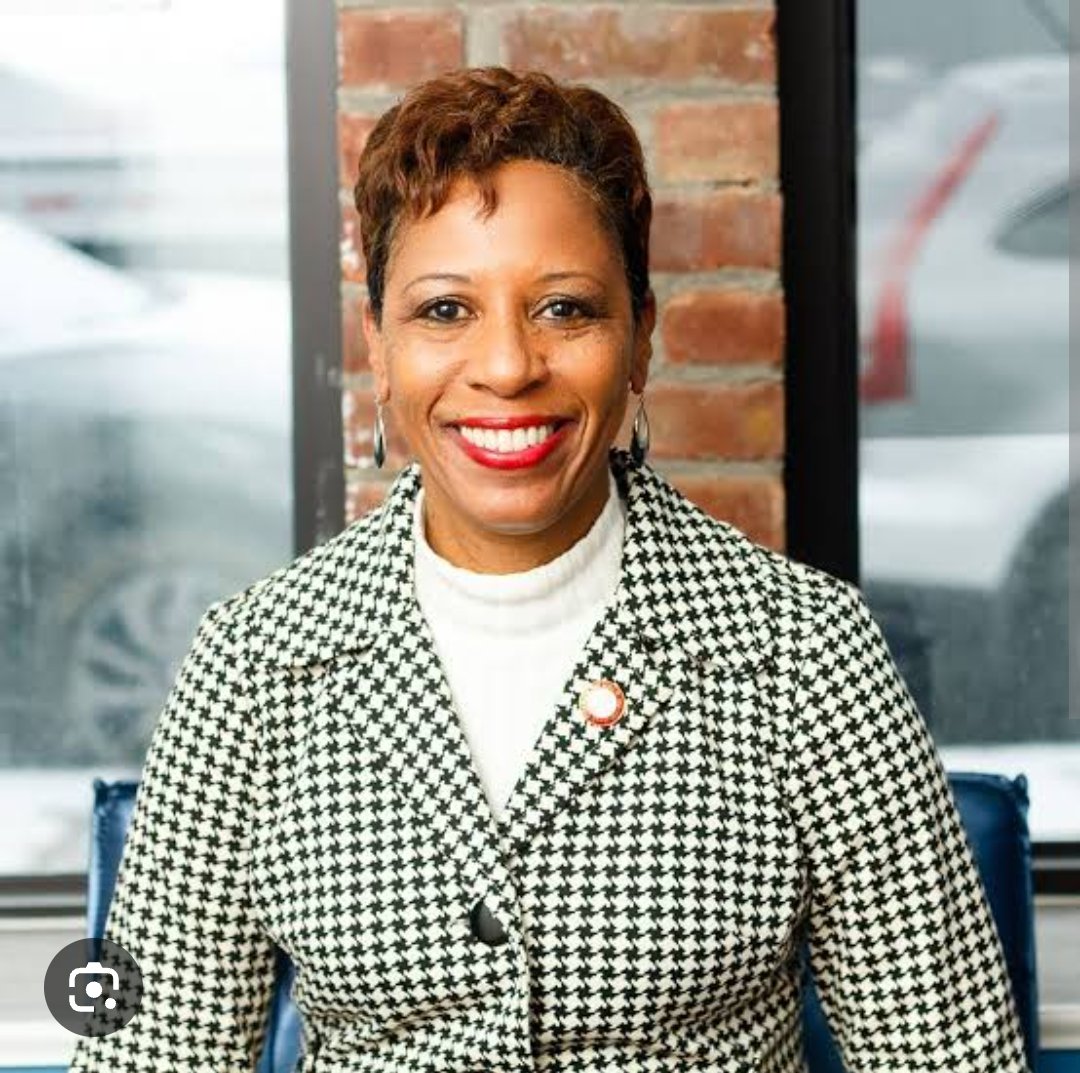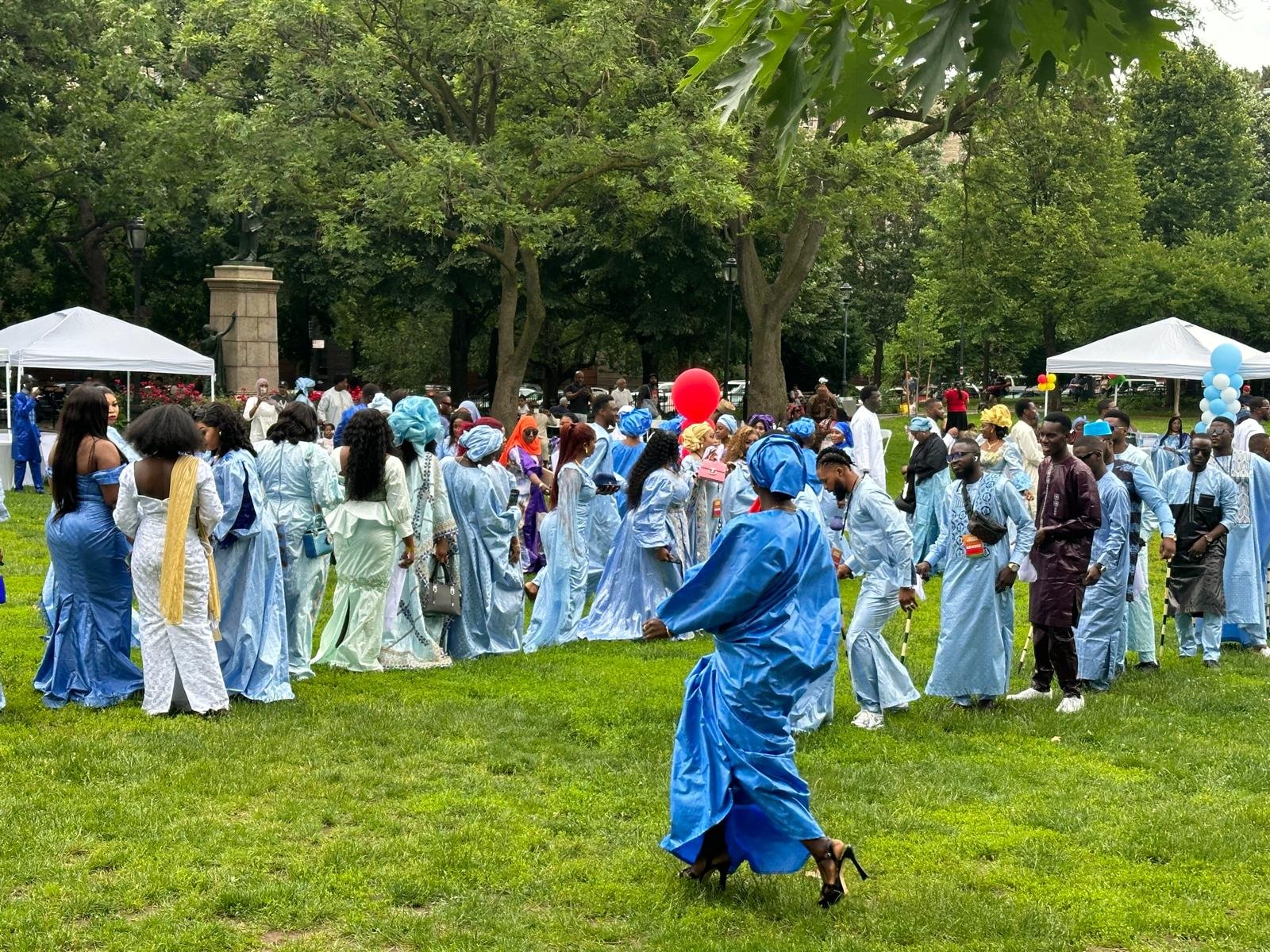
The first-ever Mamaya Dance celebration in the United States marks a significant milestone for the Guinean community and African cultural preservation in the diaspora.
The fact that 10 Guinean organizations with 530 members came together to organize this event speaks volumes about their dedication to keeping their traditions alive, even thousands of miles away from home.
Mamaya, as correctly noted, originated from Mali before making its way to Guinea, specifically Kankan — the hometown of Aicha Cisse Sackoh’s great-grandfather.
This deep historical and generational connection makes the celebration even more meaningful.
The fact that Mamaya is a 3-day celebration following Eid ul-Adha, with different age groups taking center stage each year, highlights its role as a unifying, intergenerational tradition.
Since the 1940s, Mamaya has thrived, and now that Guinea has nationalized it, the entire country participates, drawing people from across the world.
The organizers, led by Mariam Kakoro, had a powerful vision: to ensure that African children born in the USA stay connected to their roots. However, their journey wasn’t without challenges.
The excitement of 98% newly arrived Guinean migrants —who were inspired by Yankee Stadium—led them to print flyers and T-shirts before securing permits or a venue.
This shows both their enthusiasm and the hurdles immigrant communities often face when navigating unfamiliar systems.
Thankfully, Aicha Cisse Sackoh stepped in to help secure Joyce Kilmer Park after Yankee Stadium was denied due to its sports-only policy.
The result was a vibrant, successful celebration that brought the Guinean community together in a historic way.
The impact of this event is best captured by the participants themselves.
Mamoudou Cisse (Badenya Association) said, “Great idea. This event brings the community together. Africa to the US. It makes us feel at home. It makes the newcomers feel welcome by bringing our culture together and strengthening community.”
Abdoulaye Cisse (Badenya Association) added, “This is a historic event for the Guinean community in NYC. We’ve been able to engage the local parks agency & municipal government to be able to showcase a special Eid tradition from back home here in the US. We are happy. We are festive. Hope we can see this again for many years to come.”
This inaugural Mamaya Dance in the U.S. is more than just a festival—it’s a bridge between generations, a homecoming for immigrants, and a bold statement that African traditions have a place in America.
The organizers’ perseverance and the overwhelming community support prove that cultural pride can thrive anywhere.



















